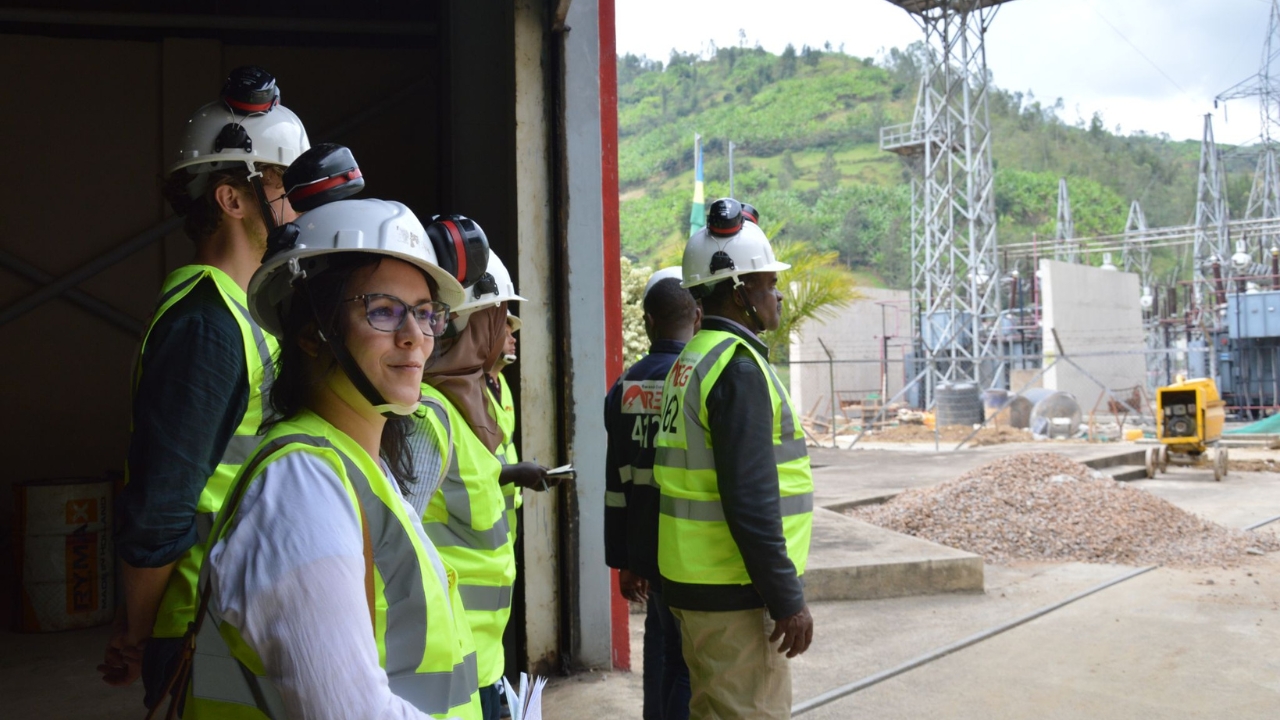
This course supports Sida’s partners to increase the effectiveness of their programmes and projects by using results-based and adaptive management. In the course, participants will work with one of their own development problems, identify its root causes, create a theory of change to address it, and find ways to monitor progress. In a world that is complex and unpredictable, Adaptive management allows partners to also take unforeseen events into the equation by building increased flexibility in the RBM approach.
The course gives you an improved ability to apply results-based and adaptive management in project and programs in development cooperation. The course is primarily designed as an introduction to results-based and adaptive management and looks at how to perform a problem analysis, apply adaptive management to your planning process, draft a theory of change and monitor your project. The course can also be useful to participants with some previous experience and knowledge of results-based and adaptive management.
Purpose
The purpose of the course is to strengthen development actors ability to plan, implement, monitor and follow-up programs and projects in a flexible way focusing on results and effects, rather than activities.
Learning Outcomes
After active participation in the course, you will be able to:
- Analyse root causes of a problem
- Develop an actor-centred Theory of Change
- Explain when and how adaptive management can improve results
- Summarize key factors to consider when selecting monitoring methods
Target group
Program/project managers, program officers or staff working with monitoring and evaluation at Sida’s partner organisations (in Sweden and internationally).
Application process
Participants apply in a group of 3-5 people from the same organisation or different organisations working together with a common Sida funded program/project. Applicants with at least 2-3 persons from the same organisation will be prioritized. This prioritization is done in order to create as good conditions as possible for organisational learning.
During the course, your group will work with one of your own development cooperation programmes/projects as a case. The program/project should ideally be in the design phase or already ongoing. For ongoing projects, it’s beneficial if they have a few years ahead, allowing you to implement any adjustments based on learnings from the course. Groups that base their application around a common case will most likely get the most out of the participation, and will also be prioritized in the selection process.
Method and format
This is a blended learning course that it is delivered both digitally and in-person.
The first four modules are a digital mixture of self-paced studies, group works and live sessions via Zoom.
The last module will take the form of an in-person training. During this module focus will be on practicing your skills, nuancing the material from the digital part and deepening your understanding of the matter through discussions and reflections.
Date, time and place
Digital modules
31 January - 14 March
Mandatory live sessions in Zoom (09.30-10.30 CET) on 31 January, 7 February, 14 February, 28 February and 14 March.
Participants should estimate to dedicate approximately 3-4 working hours per week to the training.
In-person training
25 March 12:00 pm - 27 March 3:15 pm CET
Sida Partnership Forum in Härnösand, Sweden
Language
English
Costs
Sida covers training costs, accommodation and meals. Participants only need to cover their travel costs.
Course team
Course manager
Andreas Nilsson, Programme Manager, Sida
Course administrator
Mikaela Edholm, Programme Administrator, Sida
Application
The application period is open 26 November - 17 December
You need an account on our learning platform to get access to the application form.
Click here to login or create a new account